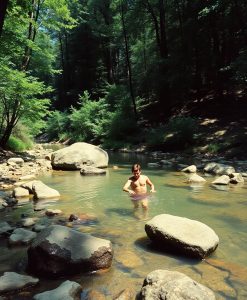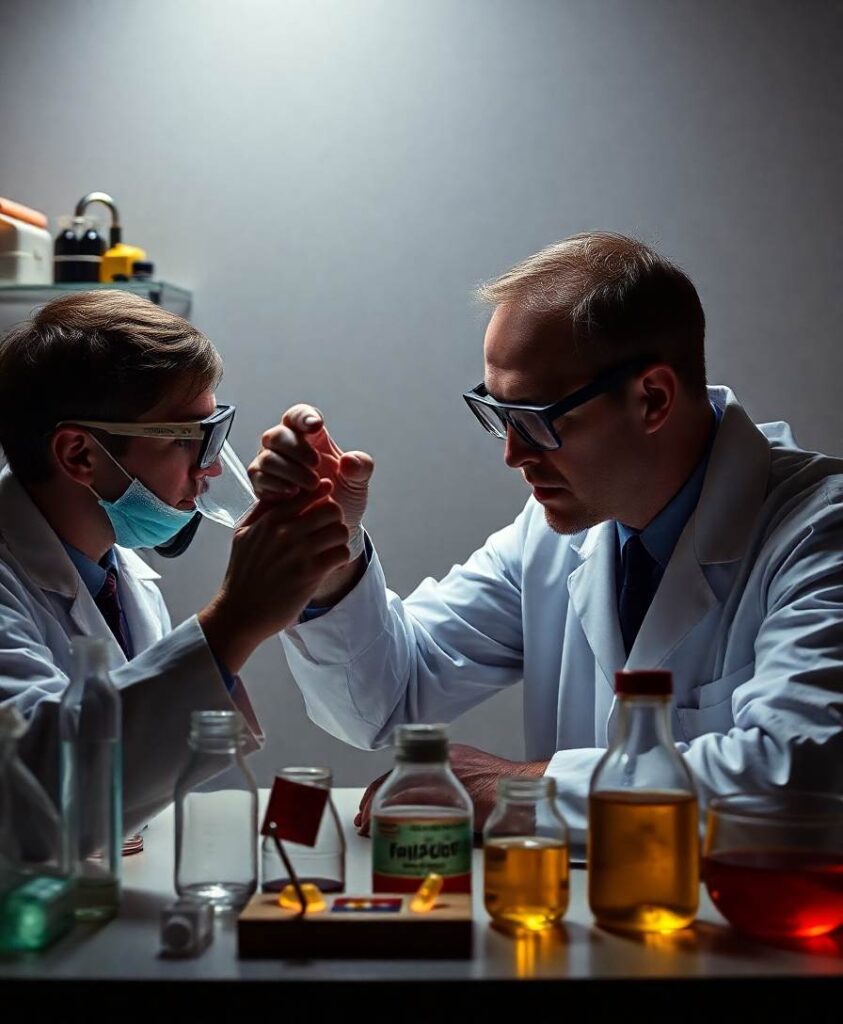—
What Does It Feel Like to Swim in Water That Might Have Harmful Bacteria?
There’s a certain freedom in slipping into Rock Creek’s cool water—an escape from daily stresses, a moment of connection with nature. You can feel the gentle flow around your limbs, the coolness against your skin, the rhythm of your breath syncing with the ripples. But beneath that soothing sensation, your body might be whispering warnings you’re not always trained to notice.
When health authorities post warnings about bacteria levels in natural water sources, it’s easy to dismiss them if you’re caught in the joy of swimming. Yet, your body is often the first to signal when something’s off. It might be a sudden itch, a strange twinge in your stomach, or a subtle change in how your skin feels after a swim. These sensations can be tiny alerts—your body’s way of reminding you to pay attention.
Swimming in water with unsafe bacteria levels, like those in Rock Creek, raises questions about what our bodies absorb and how we might sense early signs of illness or discomfort. Bacteria such as NPS bacteria—sometimes present in natural bodies of water—can sometimes cause infections or gastrointestinal issues. While many people enjoy outdoor swimming, it’s vital to listen to what your body is trying to tell you.
Imagine that you are sitting on the bank after your swim, feeling your skin dry and warm. You notice a slight itch or a mild tingling sensation—nothing alarming but enough to make you aware of your body’s subtle signals. If you ignore these sensations, the bacteria lurking in the water might have already begun to interact with your body in ways that can cause discomfort later. Your immune system, finely tuned to detect changes, might be trying to alert you, but often these signals are easy to overlook amid relaxation or distraction.
The sensation of water on your skin—its temperature, texture, and how it reacts to your body—can serve as a sensory map of your environment. When you swim in natural waters with known bacteria risks, it’s helpful to notice if your skin feels unusually dry, itchy, or irritated afterward. These small, often dismissed feelings could be your body’s way of hinting that some bacteria may have made contact.

The challenge is that many of us have become detached from listening to these bodily signals, especially in outdoor settings. We chase the thrill of swimming or the serenity of nature, sometimes overlooking the importance of bodily awareness. Yet, it’s the body’s own wisdom—sensation, after all—that could help prevent illness.
If you frequently swim in natural water sources, paying close attention to how your body reacts afterward can be a vital part of staying healthy. That slight change in sensation—an unusual itch, a mild stomach upset—may be worth noting. Recognizing these early warning signs can guide you to seek medical advice sooner, especially if you notice persistent discomfort.
In the end, swimming in Rock Creek or similar natural waterways can be a beautiful experience, but it’s essential to honor your body’s signals. The sensations you feel—the cool water, the warmth of the sun, the tiny prickles or tingles—are your body’s way of staying connected to your health. If you notice something unusual after swimming in water with bacteria warnings, listen carefully. Your body may be telling you more than you realize.
Learn More: RFK Jr. Disregards NPS Bacteria Warning, Swims in Rock Creek
Abstract: Health and Human Services Secretary Robert F. Kennedy Jr. said Sunday that he went swimming in Rock Creek with his grandchildren, despite posted warnings about unsafe bacteria levels in the water.
Link: Read Full Article (External Site)


